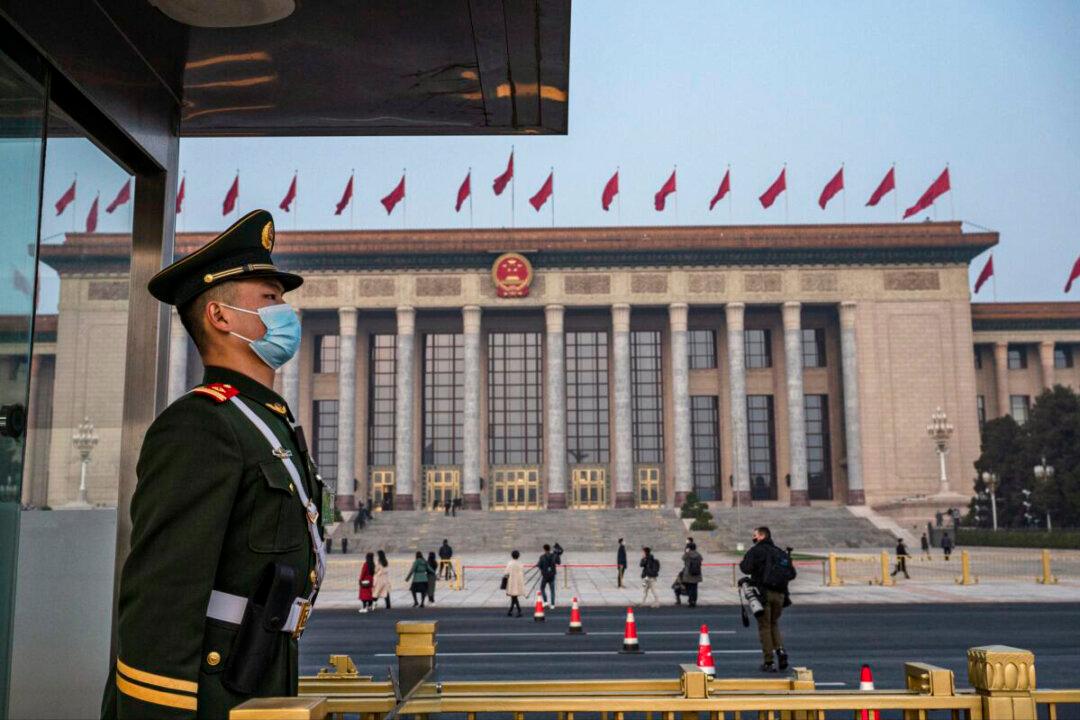Commentary
Within the realm of geopolitics, the word “power” is synonymous with acts of aggression, including military might and harsh sanctions.

Within the realm of geopolitics, the word “power” is synonymous with acts of aggression, including military might and harsh sanctions.